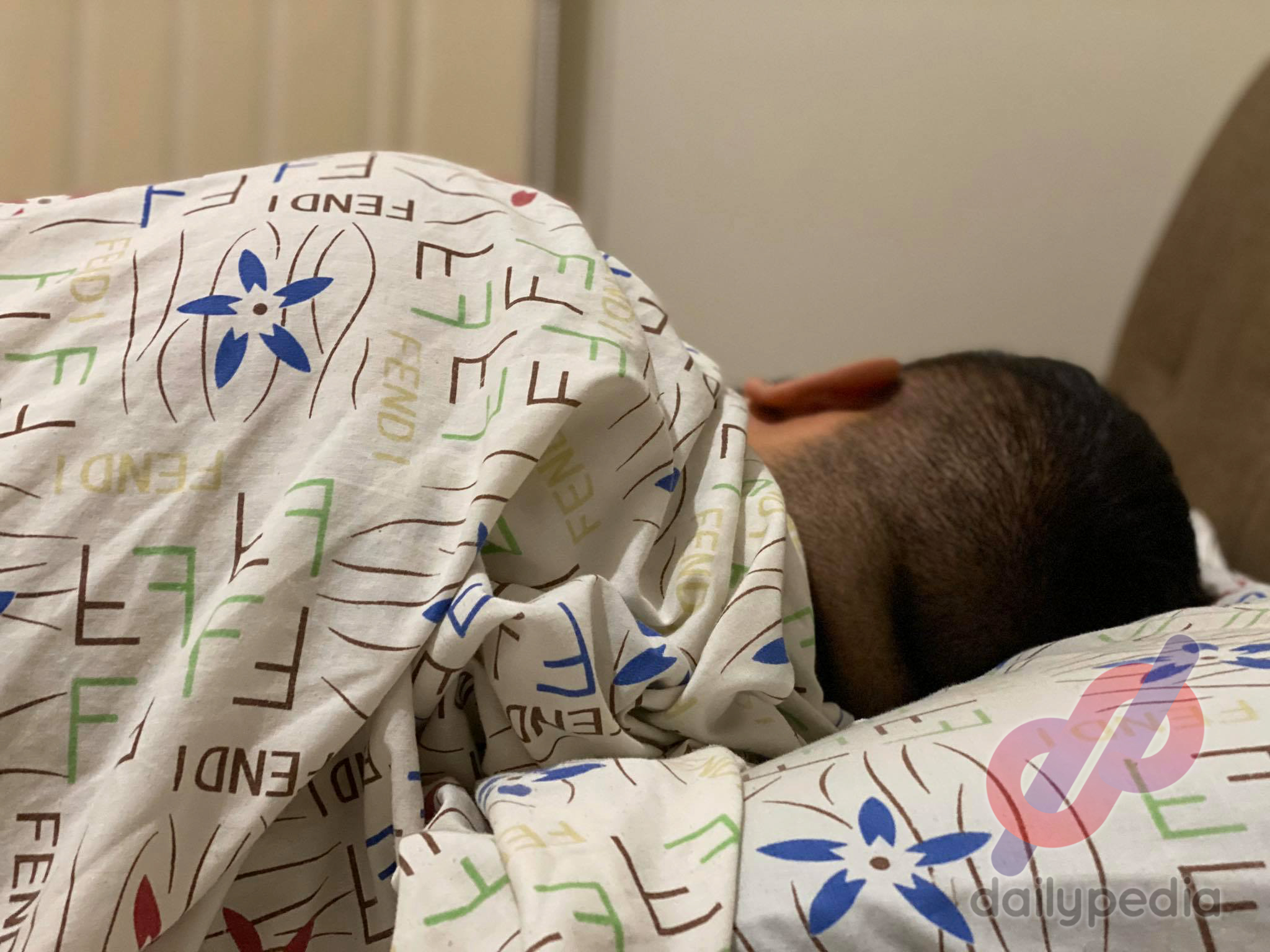Recently published research suggests that adults from 45 to 84 years old who do not have regular sleeping and waking patterns are more likely to suffer from cardiovascular disease (CVD) than those who do.
Brigham and Women’s Hospital and Harvard Medical School researchers convinced 1,992 men and women, aged 45 to 84 years old to participate in the study, and not one of them had CVD at the beginning of the study.

Respondents were asked to wear actigraph devices on their wrists for seven consecutive days including weekends, as well as complete a comprehensive sleep test and questionnaire so the researchers can track their sleep and wake periods. The study took five years to finish.
The study found that those respondents with the most irregular sleep duration (meaning they got a different amount of sleep each night) or irregular timing (meaning they had no regular bedtime and wake-up times) were twice more likely to get a CVD compared to those who had regular sleeping and waking patterns.
The research published online in the Journal of the American College of Cardiology found that obstructive sleep apnea, and other certain factors affect the risk of getting CVD.
African Americans and Caucasians with irregular sleeping patterns also have higher risks of developing CVD. This research is related to other similar studies in the past but does not have enough information to support a study that suggests men are less likely to get affected by irregular sleep than women.
Study author Tianyi Huang hopes that this study will make people realize that regular sleep is an important factor when it comes to cardiovascular health.
“We hope that our study will help raise awareness about the potential importance of a regular sleep pattern in improving heart health. It is a new frontier in sleep medicine,”
Michael Twery, PhD. makes it clear that alterations in blood sugar and inflammation can be results of an irregular sleeping pattern.
“Research has linked irregular sleep schedules to a constellation of disease-causing abnormalities in body function, including changes in blood sugar and inflammation.
“This study is important because it is among the largest of its kind, and it specifically associates these irregular sleep patterns with an increased risk for cardiovascular disease.”
There is still no explanation as to why irregular sleep patterns are linked to CVD, but the findings are important because it suggests that having a regular sleep pattern will reduce the risk of getting the disease. The disease can also be prevented by getting sufficient exercise along with having a healthy diet.

Tianyi Huang said, “We didn’t know much about the impact of irregular sleep, high day-to-day variability in sleep duration and timing. Our research shows that, even after considering the amount of sleep a person gets and other lifestyle factors, every one-hour night-to-night difference in the time to bed or the duration of a night’s sleep multiplies the adverse metabolic effect.”
According to a 2017 report from the US Centers for Disease Control and Prevention, more than one-third (35%) of US adults sleep less than the 7 hours recommended for optimal health. Sleeping less than the recommended amount of time brings a lot of problems not only CVD. Lack of sleep is also associated with diabetes, high blood pressure, etc.
Arshed Quyyumi, MD, director of the Emory Clinical Cardiovascular Research Institute said, “If you have [patients] who are sleeping very poorly, it is worth recognizing that they are at higher risk,”
“[There is] almost a 40 to 50% increased risk of dying if you are sleeping too little or too much,” he added.
Taking melatonin has proven to be helpful for those who find it difficult to sleep. Melatonin is the hormone made by the pineal gland that tells the body when to sleep.


